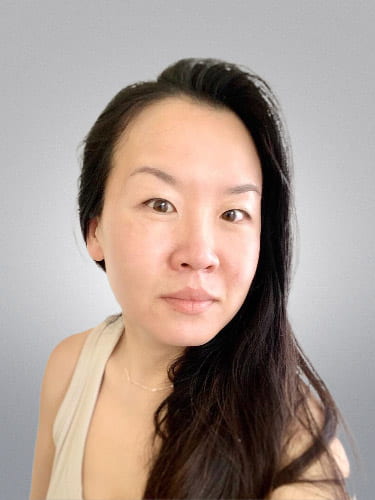Christine Ma-Kellams
 |
Assistant Professor Department of Psychology
Keywords |
Current Research Activities
I am currently working on two projects. The first project focuses on how measures of self-construal varies in the cross cultural literature and the interim conclusions reached after three decades of research in this field. To this end, I am working with a graduate student to publish a review on these finding on the factors contributing to self construal in order to determine its cultural versus contextual predictors. In addition, he is also collected survey data on the latest self-construal scale (e.g., by Vignoles et al., 2018) at SJSU to test its replicability and potential moderators among a diverse U.S. sample. The goal is to compare Southeast and East Asians, along with European Americans and Latinx Americans. In addition, I am working on five multi-site collaborations testing cross-cultural differences related to mating/sexuality, meditation, social cognition/thought suppression, attitudes, and close relationships.
Research Connections to Current Events
My work on self construal among East versus Southeast Asians and other cultural groups illuminates our current understanding of multicultural mental health issues and contributes to the notion of intersectionality. In the context of mental health, it’s well-established that POC can experience the world and their relationships within it differently as a function of their self-construal. This work further suggests that efforts to measure and understand self-construal may actually contribute to different understandings of the elf. The focus on differences among Asian groups in particular furthers intersectionality theory by highlighting the interactive ways in which cultural variables—like geolocation and history—intersect. Moreover, our findings on on South versus Southeast versus East Asians also cover self-construal among other groups of color, including Latinx individuals.
Personal Connections to Research
As a first-generation Asian American woman myself, I am well-situated to study bicultural individuals who identify the same way I do and examine the forces that shape how they behave across cultural contexts and the implications of such behavior. Beyond my own personal experience, I am inspired by evolutionary psychology’s approaches to understanding behavior. Since its inception, much of cultural psychology has focused on explaining the question of “what”—i.e., what cultural differences exist across the globe. Only in recent years has the rise of evolutionary psychology, social neuroscience, and the like provoked more serious questioning of the “why”—i.e., why do cultures differ in some ways, and not others? This line of questioning has inspired my current project on self-construal as well as my collaborative projects on the downstream consequences of self-construal as related to close relationships, social cognition, attitudes, and health behaviors.
Social Media
Other Languages
I’m proficient in writing in Spanish and would be able to respond to written interviews in that language.